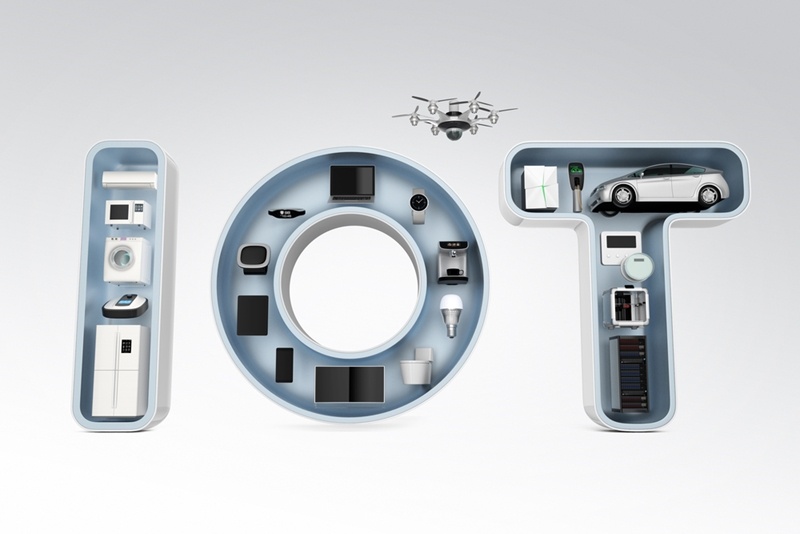The Internet of Things is one of the biggest opportunities in the history of computing. According to Business Insider Intelligence, there could be 34 billion devices connected to the internet by 2020, up from only 10 billion in 2015. Nearly $6 trillion might be spent on IoT solutions between 2016 and 2021, with businesses, government organizations and consumers all investing heavily in the hardware and software that enables new connections and services to thrive.
What can organizations do to prepare for the coming surge in IoT activity? Investment is only the start: A renewed focus on IT skills will also be essential for adapting to the IoT. There are several good options for getting a head start on IoT projects:
1. Take security seriously
Since the IoT is woven into supply chains and factories in addition to IT departments, its security requires a unique level of scrutiny. Stakeholders must identify potential vulnerabilities and assess where redundancies should be built in.
The good news is that the U.S. Department of Homeland Security has argued that already-tested practices from traditional IT and network security can be used as starting points for securing the IoT. So IT workers can obtain widely recognized cybersecurity certifications such as CompTIA Security+ to gain the skills necessary for protecting the infrastructures of tomorrow.
2. Become familiar with modern networking
The IoT is ultimately a giant network, meaning that leading vendors such as Cisco and Juniper Networks are in prime position to shape its characteristics. A good example of how they are influencing the IoT is the Manufacturer Usage Description initiative, which has been submitted to the Internet Engineering Task Force.
Writing for The Security Ledger, Cisco's Marc Blackmer described MUD as a novel way to control "inappropriate" communications between devices while reducing the complexity of scaling networks. MUD also leverages the expertise of device manufacturers, network administrators and security vendors. For IT professionals, a Cisco certification is an excellent way to become more familiar with what the vendor is doing to modernize IoT networks.
3. Learn more about cloud infrastructure
If networking is like the "heart" of the IoT - supplying the pathways over which vital information travels - then cloud infrastructure is sort of like its "brain," serving as the control center for its numerous applications. Major cloud vendors such as Microsoft now supply the assets that developers and network administrators need in order to operate IoT programs at great scale.
For example, the Azure IoT Suite - built on Microsoft's Azure cloud - lets you connect many different devices and perform tasks such as predictive maintenance (to see when something might break down in the future) and remote monitoring (to keep tabs on assets such as vehicles and buildings). Knowledge of Azure and the multitude of Microsoft services that connect to it - attainable through a variety of Microsoft-related certifications - is more important than ever.
"The most popular applications in the IoT include smart home and connected car programs."
4. Dive into specific applications
Some of the most popular applications in the IoT right now include smart home and connected car programs. It is no surprise that many major software vendors, including Google, Apple and Amazon, are all making big pushes into these spaces. Devices such as Google Home, Apple CarPlay and Amazon Alexa are all prime examples of the ongoing consumerization of the IoT.
We can expect more popular applications, such as productivity suites, enterprise resource planning systems and customer relationship management solutions, to make inroads into the IoT in the future. For this reason, it is useful for IT professionals to gain as much knowledge as possible of critical tools such as Microsoft Office 365 and Salesforce, in order to understand what roles they might eventually play in the IoT.
Prepare for the IoT with new IT certifications
Being a technology professional means constantly refining and expanding your skills. IT certifications serve as formal, widely recognized distinctions of your achievements, which can position you for an optimal opportunity in working with IoT infrastructures and applications.
New Horizons offers many certifications covering areas relevant to the IoT, including security, networking, cloud computing and vendor-specific applications. Find your nearest New Horizons Learning Group center today to get started.

